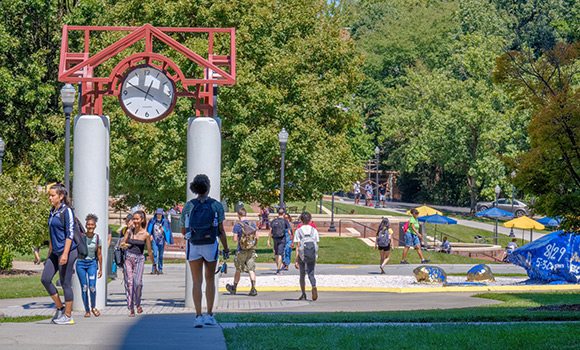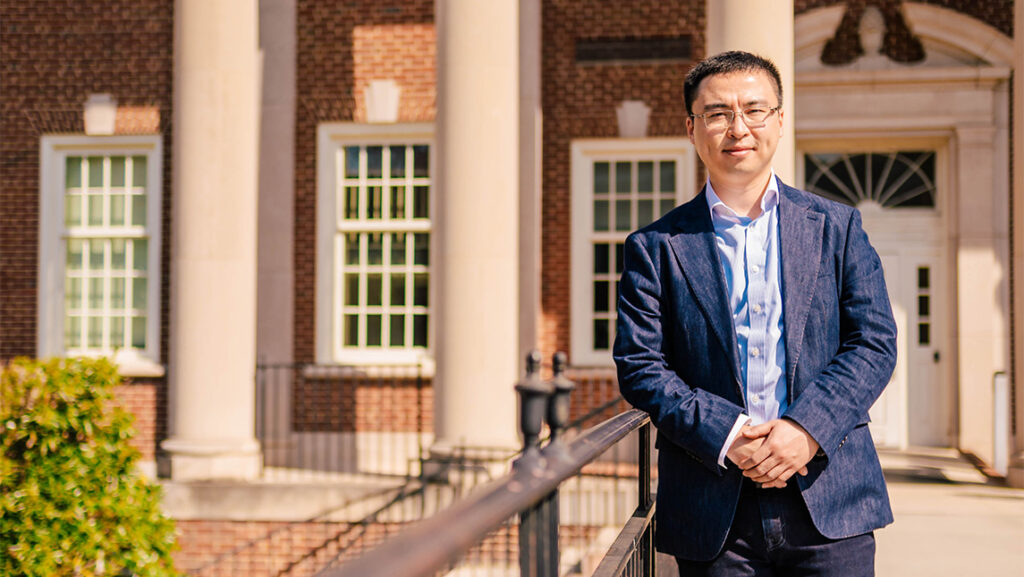UNC Greensboro, the Triad’s largest state university, today announced record enrollment of 20,196 students for the University’s Fall 2019 Census. It’s the sixth year in a row UNCG has seen enrollment growth. Increases in graduate students, community college transfers, and online students contributed to UNCG’s growth.
Graduate student enrollment increased by 1.3% (up 150 students to 3,615). This growth has been fueled in part by UNCG’s launch of three new high-demand degree programs in 2018-20: an MS in Analytics and Informatics; an online PhD in Business Administration; and a joint PhD in Social Work with NC A&T. This increase is also driven by both the elevated regional and national profile of UNCG and its growing research enterprise, as well as the addition of over 90 net new faculty over the past three years.
Transfers from North Carolina Community Colleges also rose slightly as UNCG continues to strengthen its ties to the state’s community college system through co-admissions agreements announced last year. These programs are aimed at promoting seamless transfer between community colleges and UNCG, reducing time to degree, and helping to save students money.
UNCG saw growth among “non-traditional” students, with part time enrollment rising by 7%. Investments in the “UNCG Part Way Home” program that assists students with some college credit to work toward completion of a degree have helped drive this increase.
Meanwhile, online “distance” learners increased total online credit hours by 5.7% to a record 25,266, as more undergraduate and graduate online programs become available through UNCG Online. UNCG saw particular success with its new online BS in Integrated Professional Studies.
“We are pleased to see total enrollment growing at UNCG, and excited by the programs, world-class faculty, and innovations that have helped drive these results, particularly among graduate students and online learners,” said Chancellor Franklin D. Gilliam, Jr. “New academic programs, our co-admissions agreements with community colleges, and our ability to serve non-traditional students effectively are all supporting these results.”
Photography by Martin W. Kane, University Communications



